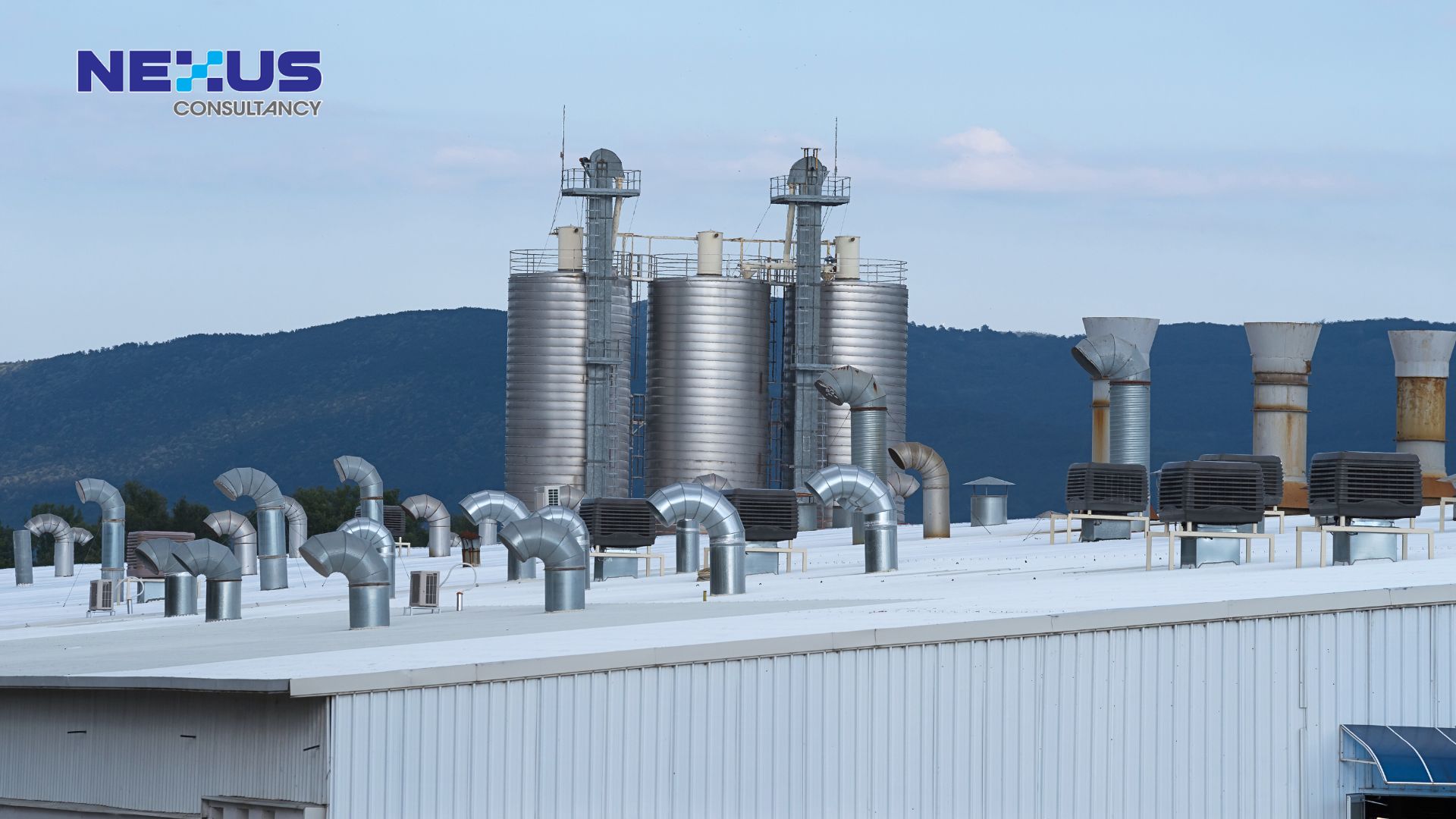
Nicole Choo
Management Consultant
Food safety culture is all about how an organization values their food safety. In order to build a great Food Safety Culture, we must ensure that the right people are in place.
– 3 mins read

Food safety culture has been a hot topic since the publication of FSSC 22000 ver5.1. So, what exactly is food safety culture?
Food Safety Culture is defined as:
“Shared values, beliefs and norms that affect mind-set and behaviors toward food safety in, across and throughout an organization.” ~Global Food Safety Initiative – GFSI
When we examine the foodborne incident reports, we can see that MAJORITY of the incidents were caused by deviation from safe practises. What does these reports tell then?

The reports indicated that food safety culture is heavily influenced by its Values, Vision, and Behaviour as a whole. It is also dependent on the employees’ safety and risk awareness.
According to Jim Collins, “Great vision without great people is irrelevant.”
The author of Good to Great, states that in order to build a great organization, we must ensure that the right people are in place. Even in the food manufacturing industry, the power of the human mind and sense of beliefs are required to achieve a common goal.
So how do we integrate food safety into your organization’s culture?

Begin At the Top
Make sure that the upper management in your company understands that they are not exempted from following the procedures. A food safety culture is more sustainable when upper management is able to lead by example.

Training
The employer is responsible for providing all necessary training to their employees. To keep food safety as a top priority, employers should provide refresher courses and ongoing training to employees. The employer should also provide sufficient resources to support food preparation.

Explain the Reasoning
Instead of focusing on telling your employees ‘What’ to do, explains the “Why”. Explain to your employees why the procedures must be followed.

Data Analysis
All the data collected is not only for recording purposes during an audit. The numbers and data collected tell a story. So, have you analyzed the data and documents before they are kept in the archive cabinet?
I hope that you might find the bite-size information helpful in implementing a successful Food Safety Management System. If you do, feel free to share this with anyone who can benefit from this article.
Reference:
- Building Food Safety Culture: Employment of People: https://www.profoodworld.com/food-safety/fsma/article/21354776/give-employees-a-voice-by-building-humancentered-food-safety-culture
- Be Confident in your Food Safety Culture: https://www.foodmanufacturing.com/safety/blog/21796938/be-confident-in-your-food-safety-culture
- The Increasing Focus on Food Safety Culture: https://www.foodprocessing.com/articles/2021/the-increasing-focus-on-food-safety-culture/
More Article
What Is Food Safety Culture and Why It Matters More Than Ever
Chief Operating OfficerLearn why food safety culture is a must-have for compliance, brand trust, and growth—backed by ISO consultants in Malaysia.In today’s competitive and tightly regulated food manufacturing landscape, compliance alone is no longer enough. To...
Why Proactive OSH Legal Compliance Is Good for Business Reputation
Chief Operating OfficerWorried about Malaysia’s OSH Act penalties or workplace audit readiness? Discover how proactive OSH compliance builds trust, reduces fines, and supports ESG goals.In today’s competitive market, companies are judged not just by their products or...
Positioning Your Brand for the Future with Strategic ESG Reporting in Malaysia
Chief Operating OfficerLooking to strengthen trust, investor appeal, and brand leadership in sustainability? Learn how ESG reporting in Malaysia is powering business growth. Start your ESG reporting journey with expert support!In a world where trust and transparency...
Why FSSC 22000 Certification Is Critical for Protecting Your Food Business and Brand in Malaysia
Chief Operating OfficerSecure your food business with FSSC 22000 certification! Enhance safety and compliance. Get expert help—Contact us today! In today's competitive food industry, maintaining food safety and consumer trust is essential. Food manufacturers,...










